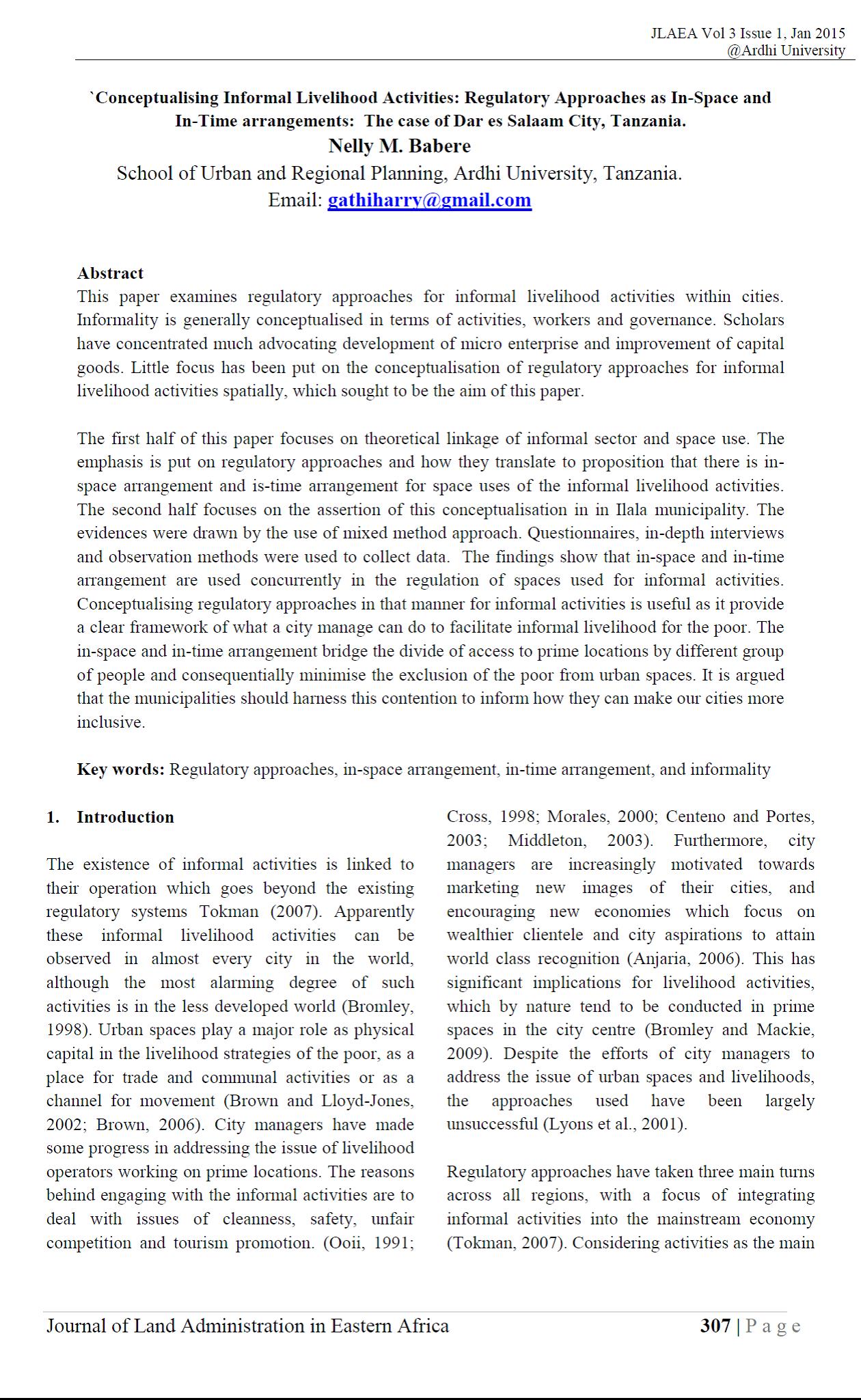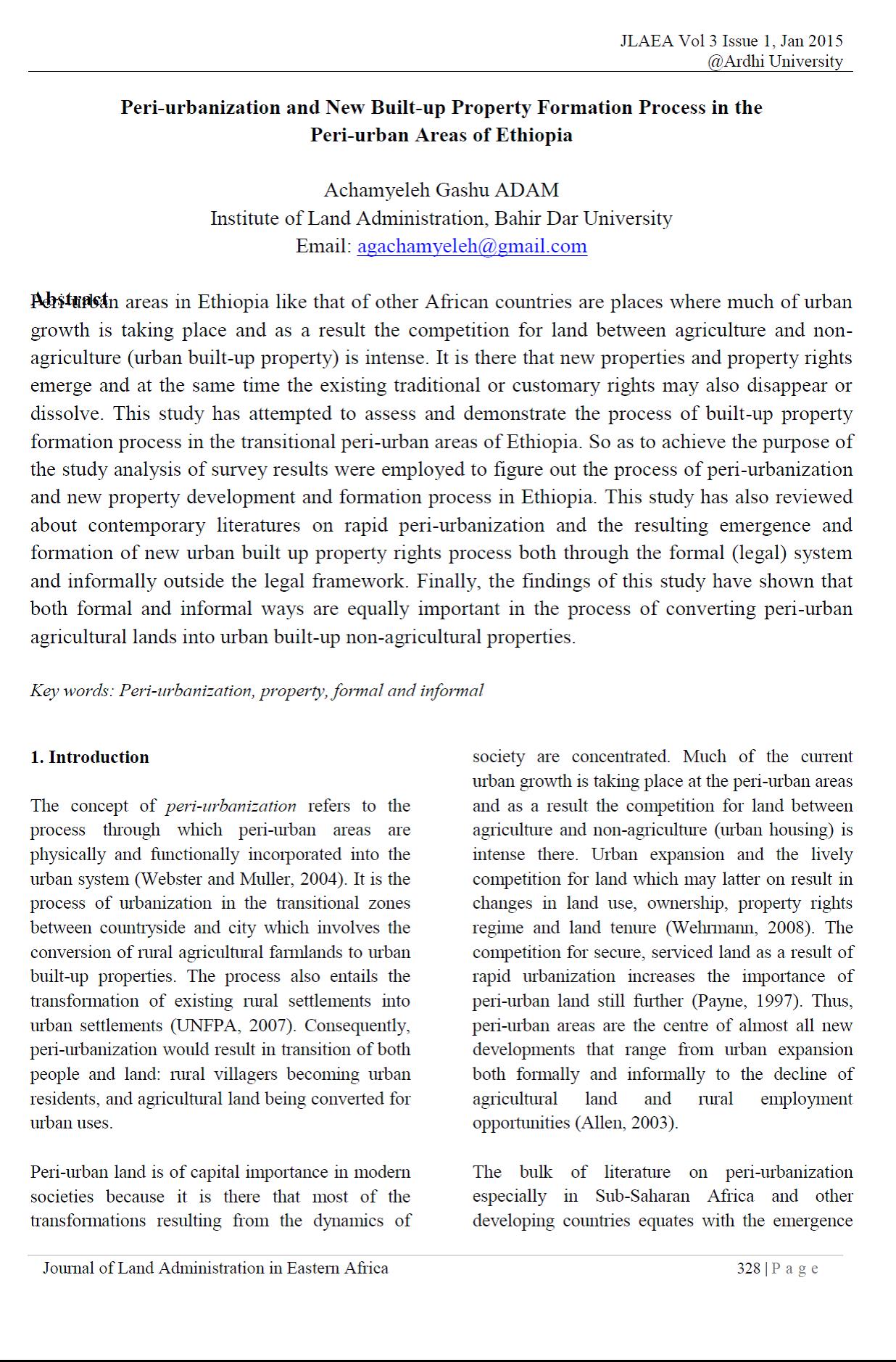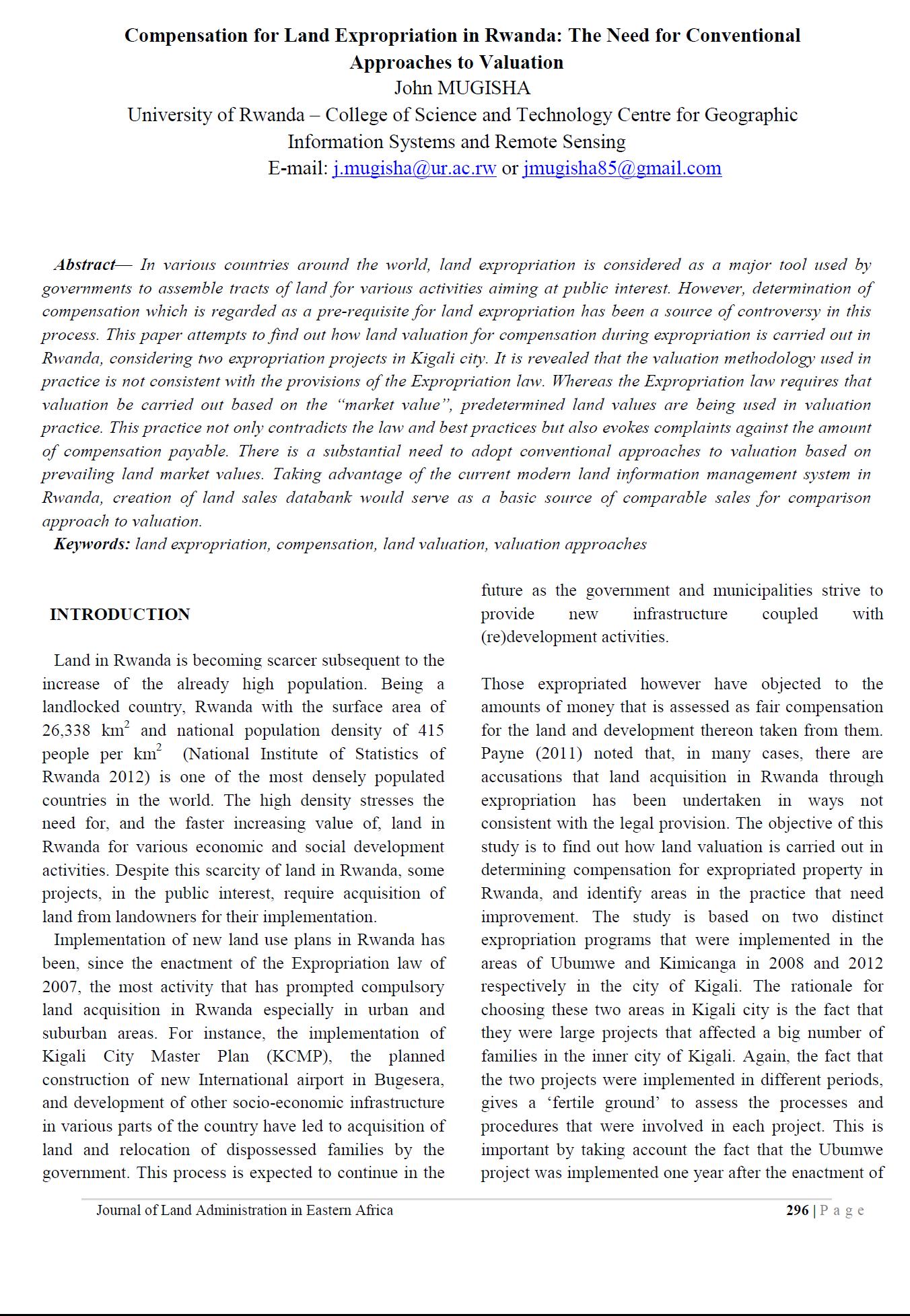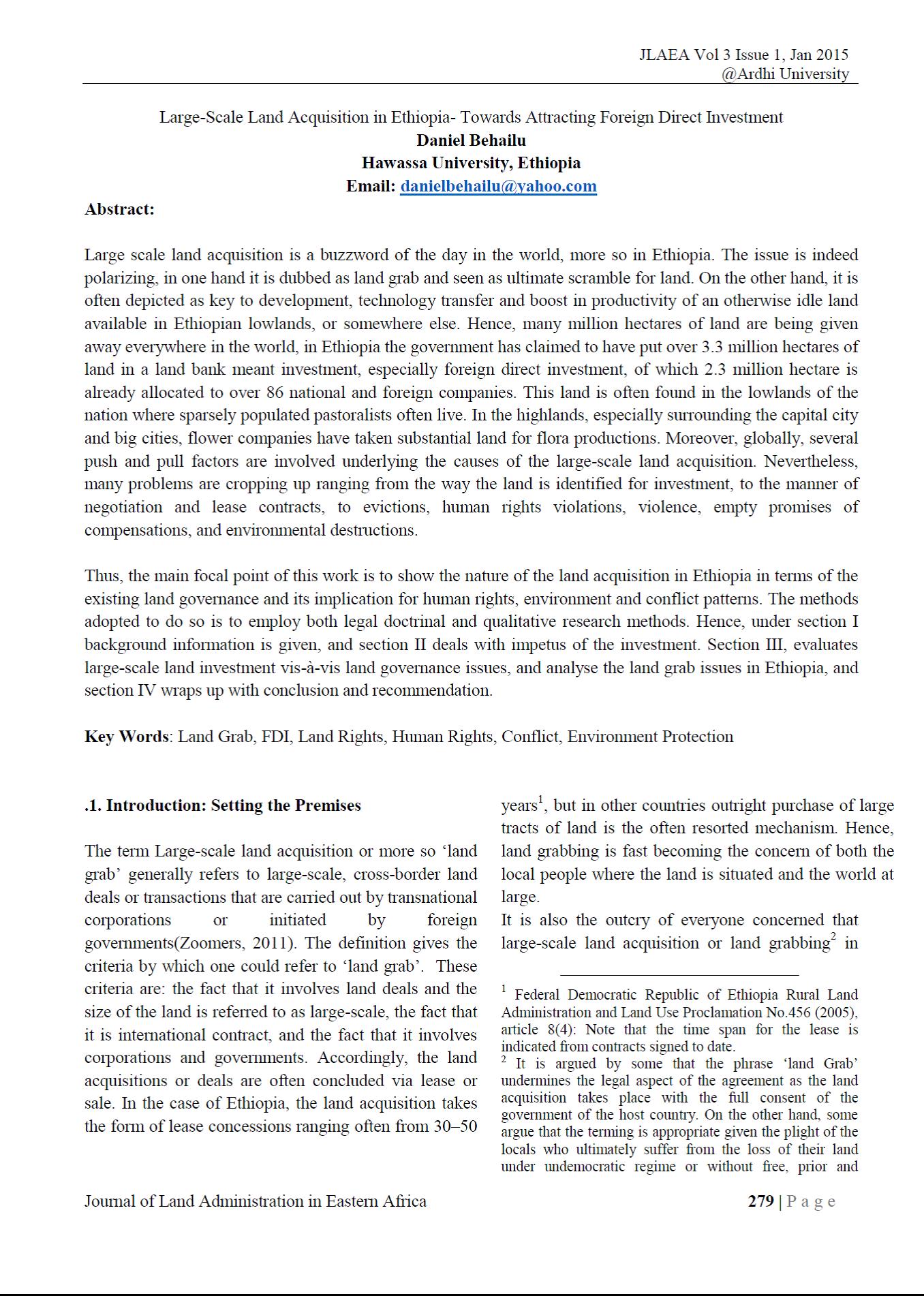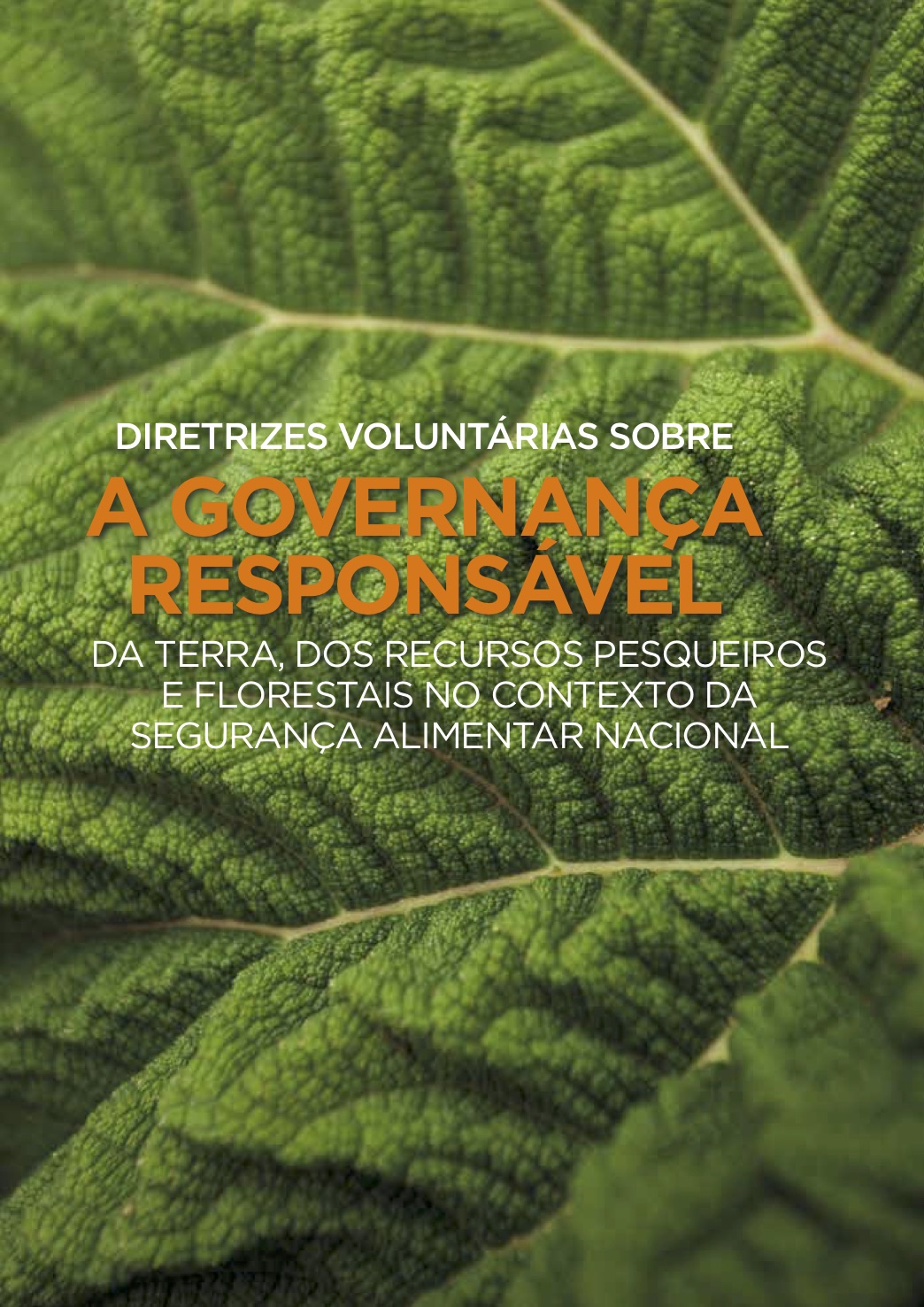Conceptualising Informal Livelihood Activities: Regulatory Approaches as In-Space and In-Time arrangements
This paper examines regulatory approaches for informal livelihood activities within cities. Informality is generally conceptualised in terms of activities, workers and governance. Scholars have concentrated much advocating development of micro enterprise and improvement of capital goods. Little focus has been put on the conceptualisation of regulatory approaches for informal livelihood activities spatially, which sought to be the aim of this paper.

